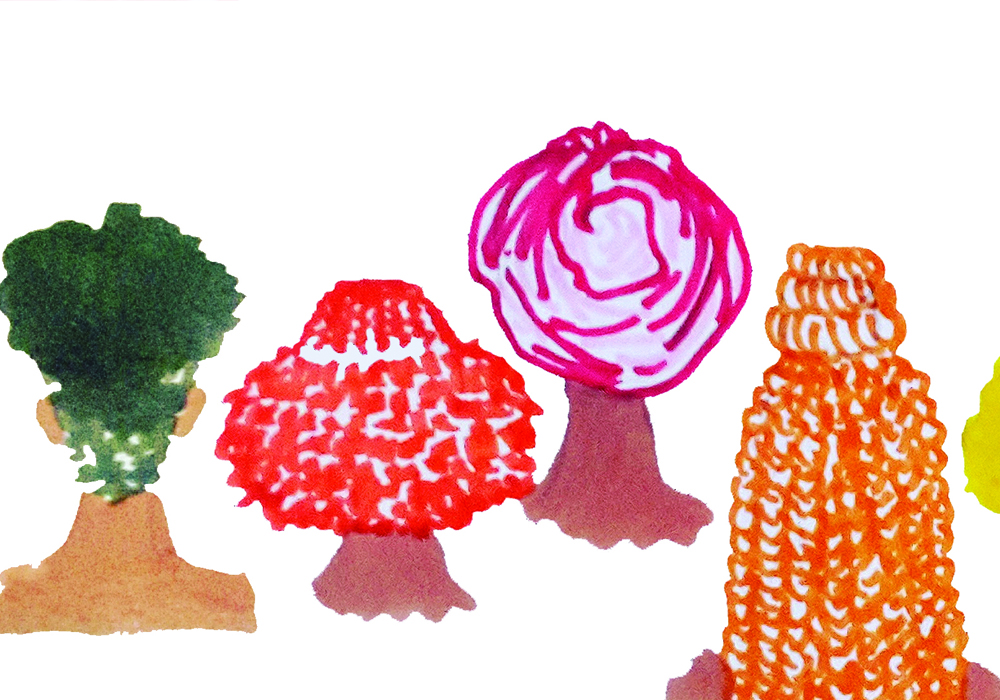Eulalee Lumsden, Deputy Copy Editor
It’s no secret that African American hair differs from any other type of hair. African American hair is made up of different textures and variations of curls. These variations can be seen as a spectrum. On one end of the spectrum, there are the looser curls, and on the other end, tighter curls, or “coils” as they are often referred to.
The long history and degradation of the appearance of Afro-textured hair has caused many black people, women in particular, to abandon the so-called “natural” hair textures to achieve softer, straighter, and more manageable textures. Terms like “kinks,” “naps,” and “kitchens” have formed negative connotations around back hair.
I’m no stranger to the countless hair products that claim to help with black hair textures. I received my first perm around the age of five. And no, I’m not talking about the type of perm that leads to Chutney Windham’s murder confession in Legally Blonde. In the black community, perm, or “relaxer” as it’s also known as, chemically straightens curly or kinky hair.
The problem with this method of straightening, similar to the problem with heat straightening, is that it damages the hair and often prevents it from growing to its full potential.
So why do so many black women still go through chemical or heat straightening?
I still remember my cousin asking, “Do black girls straighten their hair to look like white girls?”
Unfortunately, society continues to glorify straighter, silkier hair types, just like it glorifies thinner body types. African American hair is often seen as dirty, unkempt, or undesirable for the simple fact that people aren’t educated enough about it.
For example, did you know that due to the curly texture of black hair and the slower descent of oil down the hair shaft, which causes a loss of moisture, it is commonly suggested to wash up to twice a week, instead of every day?
I’ve had many revelations about my hair, but I still have so much more to learn. I was never taught how to maintain my hair. It’s been two years since my last perm, and I’m still processing the change in texture.
When you’ve spent most of your life wearing hair extensions and using perms and flat irons, it’s an extremely tedious and overwhelming process to transition back to natural hair.
The first time I cut off most of my hair to start my natural hair journey, I was left with just a couple of inches of hair. It felt extremely weird to me and apparently, to most of the people around me. I couldn’t ignore the comments made by friends, family, and strangers. Some people complimented my choice while others criticized or made “you look African now” jokes.
These misconceptions about African American hair are detrimental to the idea of self-love and self-acceptance.
I didn’t go natural to prove that I could do it. My choice was to finally accept my hair for what it was and is. I started seeing the beauty in my natural hair and am now at a point where I not only accept it, but I embrace it.
I am not my hair, but my hair is me. My hair is a part of my identity, but not the whole picture.


